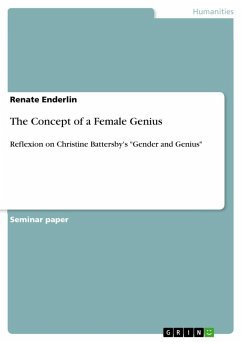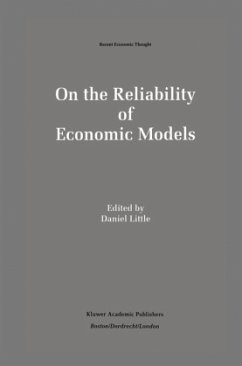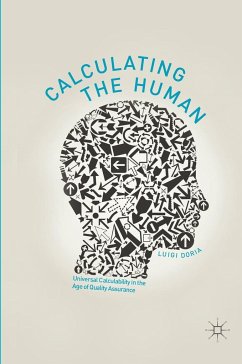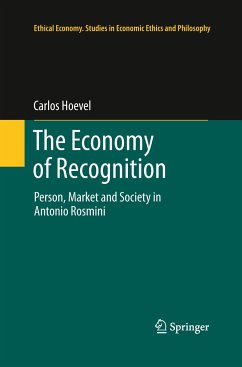
Knowledge in businesses. Reflexion on a flexible management method

PAYBACK Punkte
0 °P sammeln!
Academic Paper from the year 2019 in the subject Philosophy - Practical (Ethics, Aesthetics, Culture, Nature, Right, ...), grade: 1.00, Edinburgh Napier University, language: English, abstract: In this discussion, the author reflects on the value given to knowledge in a business context and deliberate a contrary philosophical perspective which does not conform to prevailing knowledge theory. It will be considered why, if knowledge is key for business success and competitive advantage, the transfer of knowledge within an organisation remains problematic. Whereby, if the creation of knowledge be...
Academic Paper from the year 2019 in the subject Philosophy - Practical (Ethics, Aesthetics, Culture, Nature, Right, ...), grade: 1.00, Edinburgh Napier University, language: English, abstract: In this discussion, the author reflects on the value given to knowledge in a business context and deliberate a contrary philosophical perspective which does not conform to prevailing knowledge theory. It will be considered why, if knowledge is key for business success and competitive advantage, the transfer of knowledge within an organisation remains problematic. Whereby, if the creation of knowledge before transfer is recognised is a significant factor in determining a starting point for analogous scrutiny, then what makes this focal point so difficult to establish and measure?It is therefore considered parallelism between agents who believe propositions and the formal system that derives proposition. In doing so, we synthesise from current literature and research, the epistemic principalof 'knowledge', which underpins the understanding of the many congruent knowledge transfer theories, in a business context. To do this we reflect on Lindström and the epistemic states of Spohn, wherein, we can draw on descriptions of conditional doxastic maps, as a natural extension of contemporary Kripke models. We conclude the epistemic principle of 'knowledge', which underpins the plausibility of comparisons between epistemically distinguishable knowledge transfer, must include perspectives and doyennes from a recognisable, not implied, value standpoint.













